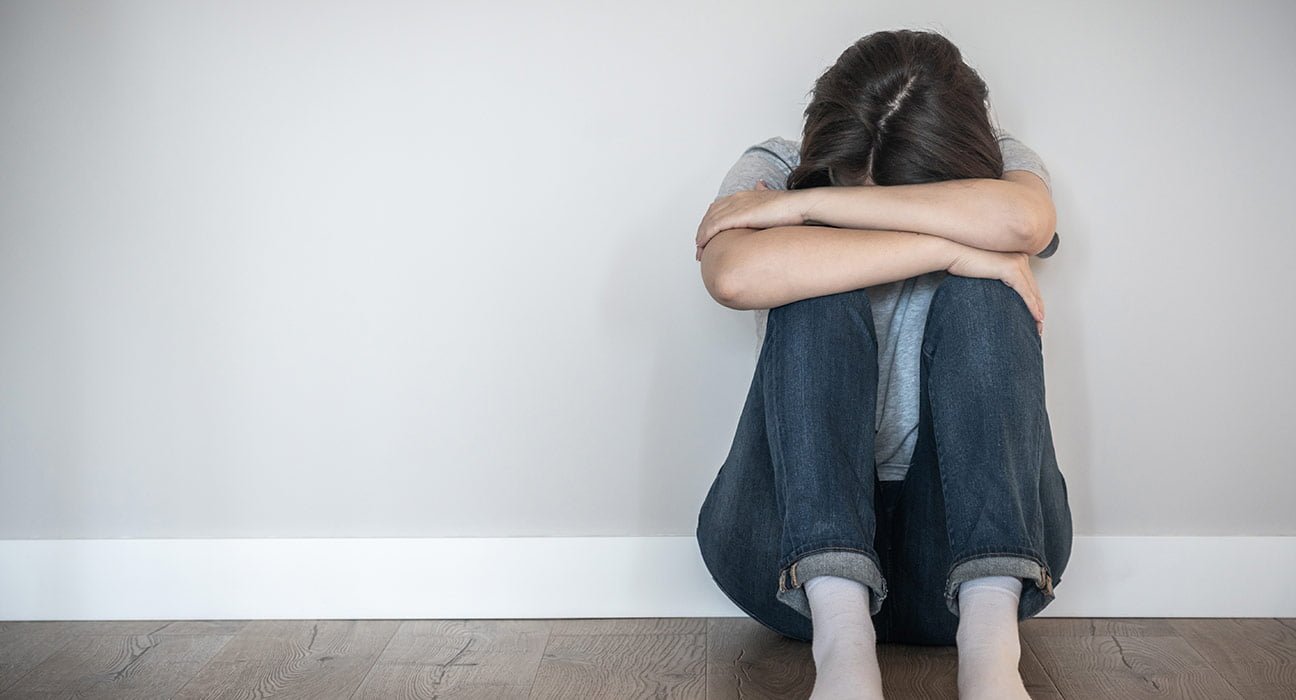The American Psychological Association (APA) defines loneliness as cognitive distress or uneasiness from being or perceiving oneself to be alone. It is described by the American Psychological Association as the psychological anguish that results from the unfulfilled need for closeness and connection.
People who are lonely may feel alone and cut off from other people. It’s a complicated mental state that can be brought on by personality features, mental health issues, low self-esteem, and life transitions. Serious health effects of loneliness can also include physical issues and a decline in emotional well-being. Your mental health may suffer if you experience loneliness, particularly if it lasts for a lengthy period. According to several studies, loneliness may make people more stressed. It’s also linked to a higher chance of developing specific mental health issues.
Read More: Loneliness: Types, Impact and Strategies for Coping
Dealing with Loneliness
The painful nature of loneliness is not surprising. According to a brain imaging study, experiencing exclusion triggers our neural pain matrix. Indeed, a number of studies demonstrate that the pain of isolating others equals the pain of being shunned.
Find out more about how to feel at ease in your own presence:
It’s not a guarantee that having a large social circle keeps you from feeling lonely. For many of us, loneliness is correlated with low confidence or self-worth. Sometimes, we can feel less alone by strengthening our bonds with both ourselves and other people. Looking over our self-esteem knowledge may be beneficial to you. One way to get started would be to consider what self-care means to you. Keep in mind that everyone’s definition of self-care is unique. Some single people think that having some background noise is reassuring. This may be a podcast you like to listen to or the TV.
Try to be honest with the individuals you know:
Even though you may feel as though you know a lot of people, you may not feel particularly connected to them. or that you don’t receive the necessary care and attention from others in your immediate vicinity. If this is how you’re feeling, talking to a trusted person could be helpful. This might be a coworker, a friend, a member of your family, or another somebody in your life. You don’t have to talk to each other directly. You may message someone on social media or send them a text message. Although many of us have experienced loneliness, talking to others about it can be unsettling. It could be beneficial to consider what you want to state beforehand. It’s possible that they have already gone through comparable emotions.
Go slowly:
Opening yourself to people can seem daunting if you’ve been lonely for a long period. Meeting new individuals could also cause you anxiety. However, there’s no need to jump right in. Try striking up a conversation with strangers you encounter on a daily basis as a starting point. Saying hello to the cashier at your neighbourhood store is one example of how to do this. or striking up a discussion with a neighbour.
Being in a crowded setting can be beneficial for certain individuals. For instance, bookstores, coffee shops, and shopping malls. Certain loneliness-inducing sensations may be mitigated by sensing the presence of others. Creating a schedule in which you visit the same locations at the same times may be beneficial. In these settings, you might begin to recognize people, which could result in the formation of bonds.
Consider the ways in which your hobbies could facilitate social interactions. If you enjoy reading, for instance, you may participate in online book discussions by joining a forum. Before signing up for a book club, you may also spend some time in your neighbourhood library. Try not to put too much pressure on yourself and concentrate on the places where you feel comfortable.
Avoid comparing yourself to other people:
Over the past few years, a lot of us have altered the way we communicate. We’re interacting with people more on social media and online. For many of us, being able to communicate with more people online has been beneficial. Others, though, might find this difficult. On social media, we frequently only see what other people choose to reveal about their lives.
We may believe that we are the only ones experiencing loneliness when we view pictures of other people attending activities or interacting with friends and relatives. Access to the lives of so many people can be debilitating at times. Sometimes it’s difficult to resist evaluating ourselves against other people. However, keep in mind that things aren’t always as they seem. We have no idea how other individuals feel by themselves. or what their lives are like away from social media.
Take care of yourself:
Your well-being might be impacted by loneliness. It could be easier for you to connect with others if you make little adjustments to your daily routine. For instance: Engaging in physical activity can significantly improve your mental health. Additionally, some find that it boosts their self-esteem. You may sign up for an online or local workout class if you want to socialize while working out.
If you can, spend time in the outdoors. This can lessen feelings of loneliness and enhance your general well-being. For instance, you may grow some veggies on your windowsill or in your garden. Being with animals has been shown to benefit certain people who are lonely. You might try going to a city or neighbourhood farm. There are times of year when you could feel more alone. For instance, around the holidays or on particular anniversaries. It could be beneficial to consider ahead of time what you could do to take care of yourself during these periods.
Consider talking therapy:
Talking therapy might assist you in defining what loneliness means to you. Your therapist can assist you in learning various techniques for handling your emotions. Cognitive behavioural therapy (CBT) may be beneficial if your social anxiety has caused you to feel alone. The main focus of this kind of treatment is on the ways in which your attitudes, ideas, and beliefs influence your emotions and actions. Your therapist can assist you in creating coping mechanisms for many challenging circumstances.
Read More: How to Make New Friends?
Summing Up
It is only when emotions of loneliness become overwhelming, interfere with day-to-day functioning, and are excessive that they may be a sign of an underlying illness. being depressed and upset about my lack of social interaction. This could be the result of their rich inner lives and enjoyment of their own company. They could also find social interaction to be exhausting. They may be referred to as introverts by others. Being alone is not always viewed as lonely. Some of us are introverted by nature and require alone in order to flourish. Furthermore, there’s nothing wrong with preferring to be by yourself. Furthermore, in order to maintain their sense of self, even social butterflies who thrive in social situations require some alone time. Science, however, demonstrates that people require connection even if they are introverted.













Leave feedback about this